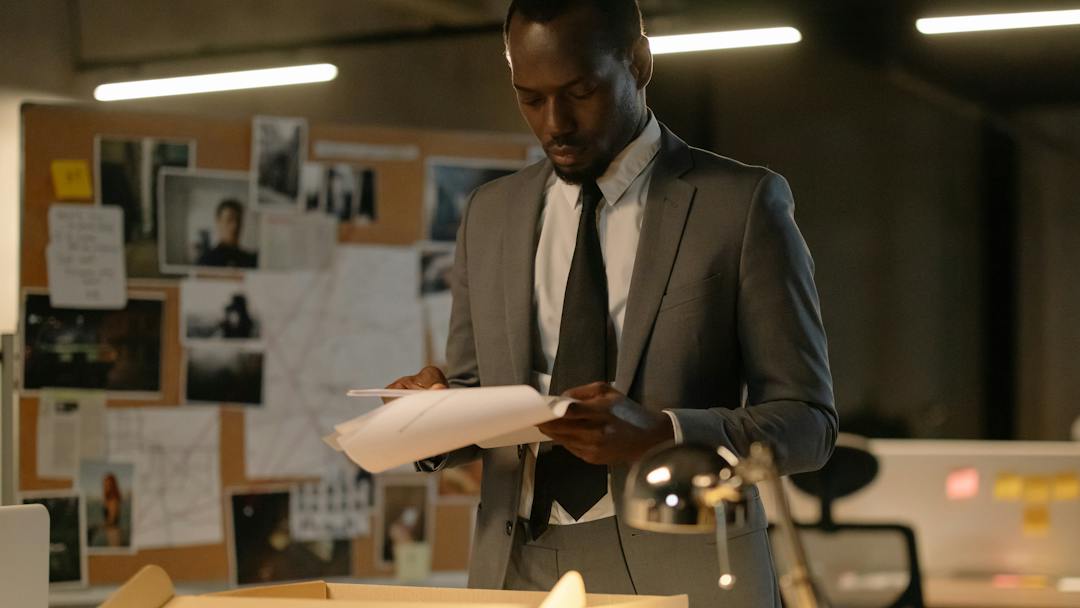Michigan’s Rules of Evidence, established by the Supreme Court, dictate how evidence is presented and admitted in court proceedings. Rules 1001 through 1008, focusing on how written words, recordings, and photographs are treated as evidence.
Rule 1001: Defining the Terms
Before diving into details, Rule 1001 lays the groundwork by defining key terms:
- Writing: Any combination of letters, words, numbers, or their equivalent, regardless of format (handwritten, digital, etc.).
- Recording: Similar to writing, but encompassing sounds captured in any form (audio tapes, digital recordings, etc.).
- Photograph: An image or its equivalent stored in any format (printed photographs, digital files, etc.).
- Original: The primary version of a writing, recording, or photograph, or an authorized duplicate intended to have the same effect. For electronic information, a printout or other readable output that accurately reflects the data constitutes an original.
Rule 1002: The Quest for the Original
Generally, Rule 1002 emphasizes using the original document, recording, or photograph as evidence. This ensures authenticity and accuracy. However, exceptions exist:
- Duplicates: If the original is unavailable or difficult to produce, a duplicate (exact copy) certified by the custodian of the original is admissible.
- Voluminous Materials: For extensive records like business ledgers, summaries or compilations prepared by a qualified witness using the original are acceptable.
- Lost or Destroyed Originals: Proof of loss or destruction, coupled with secondary evidence like copies or witness testimony, might allow entry of non-originals.
Rule 1003: Duplicates Step Up in Absence of Originals
When the original is unavailable and exceptions in Rule 1002 don’t apply, certified duplicates take center stage under Rule 1003. However, the opposing party has the right to challenge the authenticity of the duplicate.
Have your rights been violated?
Have your driving priviledges been revoked?
Has your professional license been suspended?
Second Amendment rights taken away?
Have you been charged with a crime?
Call our office to see if we can help
Komorn Law 248-357-2550
Rule 1004: When Copies Don’t Cut It
If neither the original nor a certified duplicate are available, Rule 1004 allows “other evidence of contents.” This could include oral testimony about the contents, copies not certified by the custodian, or even handwritten notes summarizing the original. However, such evidence faces a higher bar for admissibility due to concerns about accuracy and trustworthiness.
Rule 1005: Public Documents Take a Shortcut
For publicly available documents like government records, certified copies readily obtainable from the custodian bypass the original requirement under Rule 1005.
Rule 1006: Summaries of voluminous records get a green light
Rule 1006 reiterates the allowance for summaries of voluminous records if the original would be cumbersome to present. Here, the summary must be prepared by a qualified witness accurately reflecting the original’s substance.
Rule 1007: Parties Can Speak for Their Words
Rule 1007 empowers parties in a case to testify about the contents of their own writings, recordings, or photographs. This helps clarify ambiguities or resolve questions about intent.
Rule 1008: Judge and Jury Take Their Roles
Finally, Rule 1008 clarifies how judges and juries handle certain issues:
- The judge decides whether certain conditions are met for admitting evidence of contents under these rules.
- The jury decides if the writing ever existed, if a presented document is the original, or if secondary evidence accurately reflects the content.
These eight rules form the foundation for handling written, recorded, and photographic evidence in Michigan courts. Remember, this is just a summary; actual legal proceedings should involve consulting legal professionals for accurate interpretation and application of these rules.

Important:
This article provides a simplified overview of the Michigan Rules of Evidence for informational purposes only. It should not be interpreted as legal advice. When facing legal matters, always consult with a qualified attorney for professional guidance.
The Michigan Rules of Evidence are subject to change over time. Always consult the latest official version for accurate information.
Here is the link to the Michigan Rules of Evidence Handbook. Check the footer for the latest update.
Here is the link to proposed changes Michigan Court Website
Related Articles (see more posts after)
No Results Found
The page you requested could not be found. Try refining your search, or use the navigation above to locate the post.
More Posts
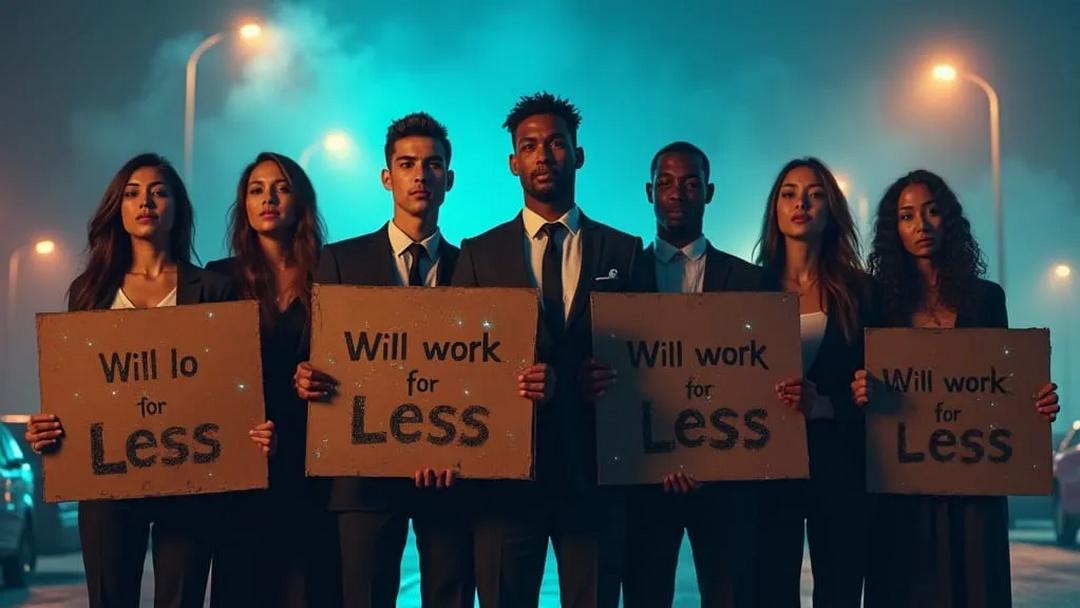
Cleary becomes latest US law firm to add non-equity partners
See you in the Home Depot lot.Oct 10, 2024 (Reuters) Cleary Gottlieb Steen & Hamilton will create a new category of non-equity partners, becoming the latest major U.S. law firm to move away from the traditional single-tier structure in which all partners have an...

MI Court of Appeals – MRTMA defense denied dismissal
Does the Michigan Regulation and Taxation of Marihuana Act protect you in all Marijuana scenarios?The Conflict The central issue in this interlocutory appeal is whether the Michigan Regulation and Taxation of Marihuana Act (MRTMA), MCL 333.27951 et seq., prevents a...
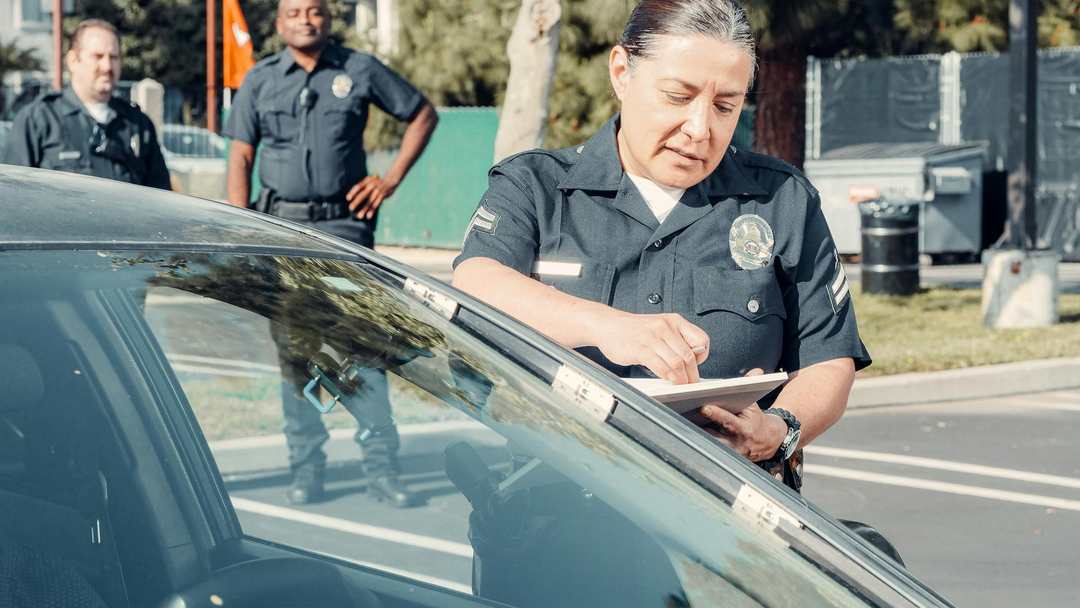
The “Automobile Exception” in Michigan law
The "automobile exception" in Michigan law allows police to search a vehicle without a warrant if they have probable cause to believe it contains evidence of a crime.This exception is grounded in the idea that vehicles are inherently mobile, meaning evidence could be...

The search being challenged was triggered by the odor of cannabis
The case People of Michigan v. Freddie Wilkins III (No. 367209) revolves around a legal challenge regarding the search of a vehicle without a warrant.Police conducted a warrantless search under the "automobile exception."The case People of Michigan v. Freddie Wilkins...
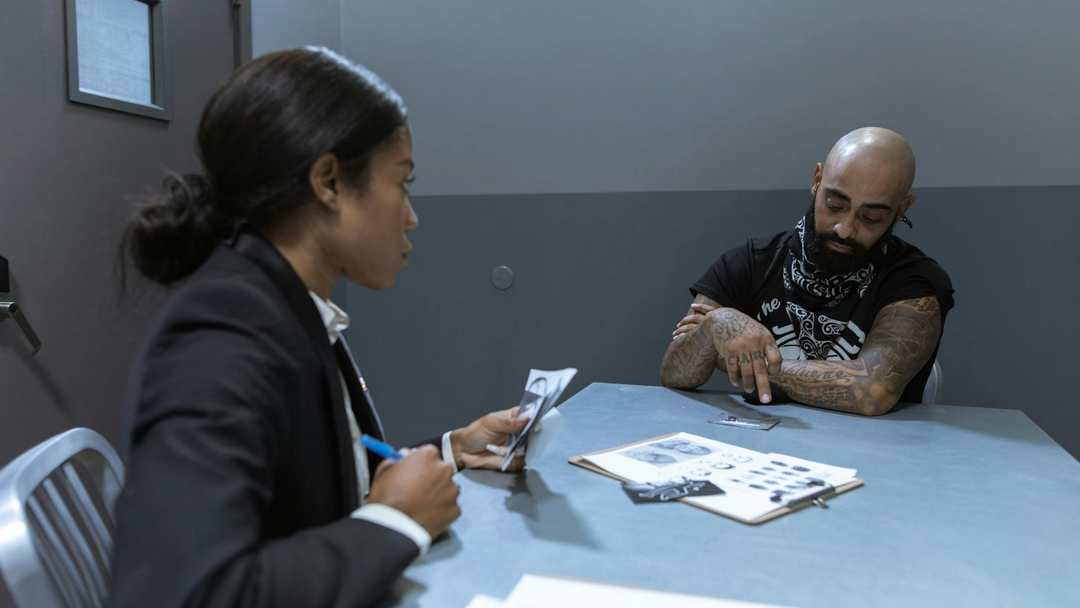
Carrying a Concealed Weapon in Michigan
Carrying a concealed weapon (CCW) in Michigan without proper authorization is a crime.Carrying a concealed weapon (CCW) in Michigan without proper authorization can lead to serious criminal charges. Michigan law has strict regulations regarding firearms, and violating...

MI Supreme Court Declines to Intervene in Public Records Dispute
Michigan Supreme Court Declines to Intervene in Public Records DisputeTeachers Union and School District at Odds Over Data AccessThe Michigan Supreme Court recently declined to hear a case regarding whether public school teachers' class materials are subject to the...

Felony Firearm Possession in Michigan
Felony Firearm Possession in Michigan.In Michigan, the laws surrounding firearms are strict, especially when it comes to felony firearm possession. If you’re charged with a felony and found to be in possession of a firearm during the crime, the penalties can be...

Do the passengers in your vehicle have 4th Amendment Rights?
Do Passengers in your vehicle have 4th Amendment Rights against Search and Seizure?Passengers in a vehicle are afforded Fourth Amendment protections against unreasonable searches and seizures, though the scope of these rights varies based on the specific circumstances...
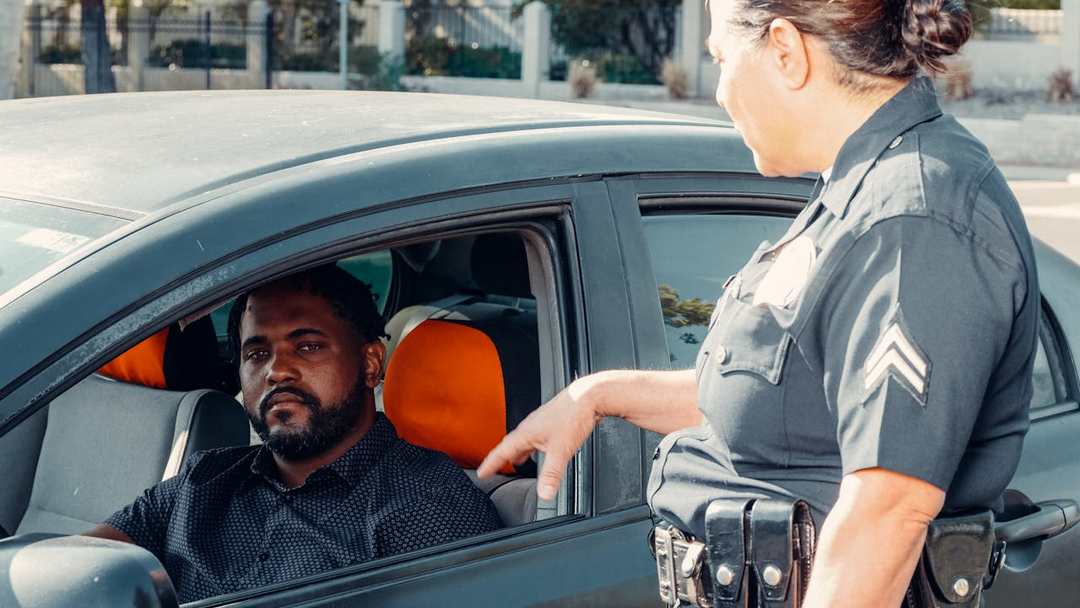
Probable Cause v Reasonable Suspicion
What's the difference between probable cause and reasonable suspicion?Definition of Probable Cause Probable cause refers to the belief held by a reasonable person that a crime is currently being committed, has already been committed, or is likely to be committed in...

Are there exceptions that justify warrantless searches?
Exceptions to your 4th Amendment Rights against Search and Seizure (more to come).The Fourth Amendment of the U.S. Constitution safeguards citizens by prohibiting unreasonable searches and seizures and generally mandates the necessity of a warrant for such intrusions....

